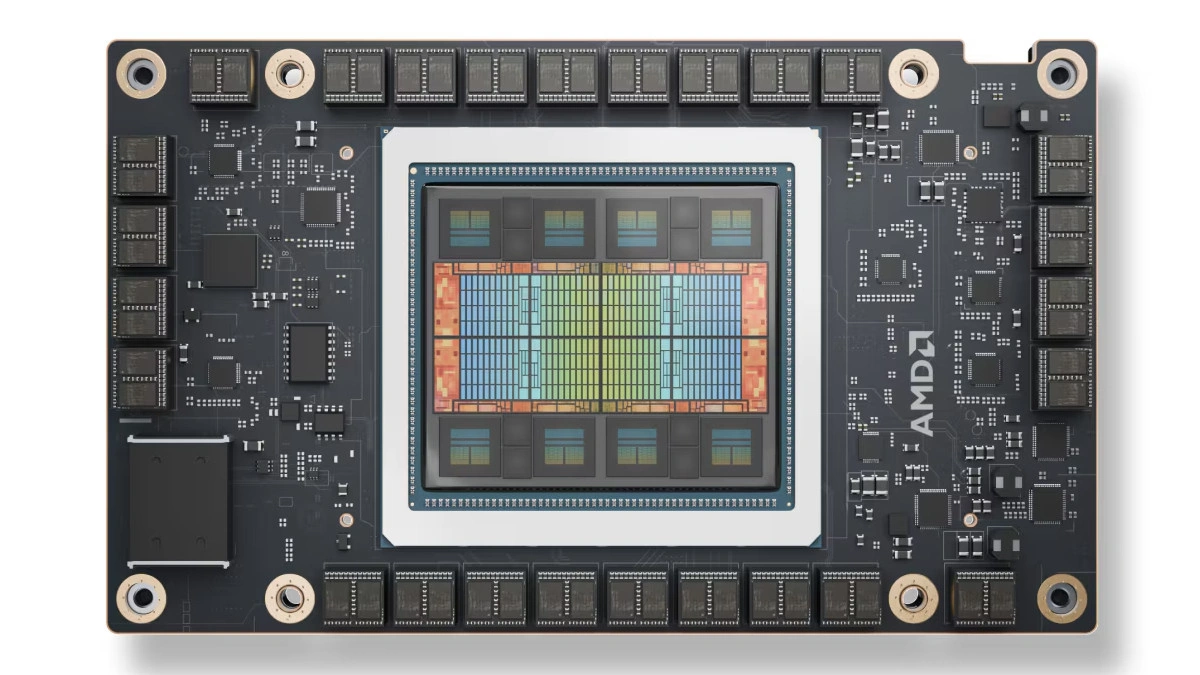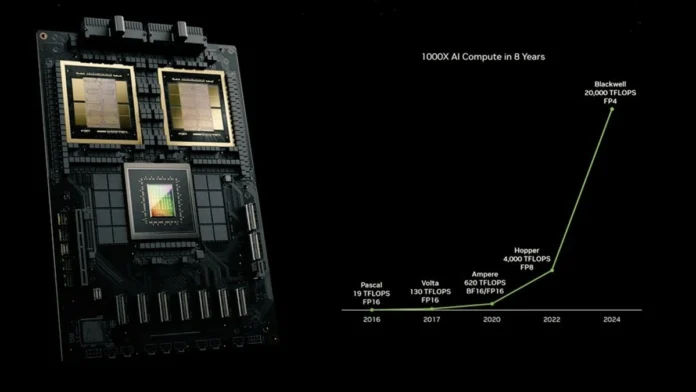So, China’s putting the magnifying glass on Nvidia AI chips . But why now? What’s the real story behind this increased scrutiny? It’s not just about trade wars or tech dominance – though those certainly play a part. It’s about something far more fundamental: control. Control over technological advancement, control over data, and control over future economic power. Let’s dive in, shall we?
The Geopolitical Chessboard and AI Chip Regulations

Think of it like this: AI is the new oil. And Nvidia , with its cutting-edge AI chips , is sitting on a massive reservoir. These chips aren’t just for gaming anymore; they’re the brains behind everything from self-driving cars to advanced surveillance systems. China, understandably, wants a piece of that pie, or at least, wants to ensure that the pie doesn’t become a weapon pointed directly at them.
The increased scrutiny, therefore, is a multi-layered strategy. First, it’s a check against potential security risks. Are these chips designed with backdoors? Could they be exploited for malicious purposes? Second, it’s about fostering domestic innovation. By making it tougher for Nvidia to operate freely, China is subtly nudging its own chip manufacturers to step up their game. Let’s be honest; no country wants to be completely reliant on another for such a critical technology. It’s a matter of national security and economic sovereignty.
And, of course, there’s the broader geopolitical context. The US-China relationship has been, shall we say, ‘complicated’ in recent years. Trade disputes, accusations of intellectual property theft, and concerns about technological espionage have all contributed to a climate of suspicion. This scrutiny of Nvidia AI chips is just another skirmish in that ongoing battle.
How This Affects the Tech Landscape
What does this mean for companies, both in China and globally? Well, for starters, it means increased compliance costs. Nvidia , and any other company selling AI chips to China, will have to jump through more hoops to prove that their technology is safe and secure. This could involve extensive testing, audits, and even modifications to their chip designs. This is not unique to the AI sector; we’ve seen this in other technology sectors as well.
For Chinese companies, it’s a mixed bag. On the one hand, they might face higher prices and limited access to the most advanced Nvidia chips . On the other hand, it creates opportunities for domestic chipmakers to gain market share. The Chinese government is likely to provide significant support to these companies, both financially and politically. It’s a push towards self-reliance, even if it means sacrificing some short-term gains.
And for the rest of the world? It’s a wake-up call. It highlights the growing importance of AI chip technology and the potential for it to become a major source of geopolitical tension. Countries that haven’t already started investing heavily in domestic chip production may want to reconsider their strategies. This isn’t just about economics; it’s about national security and future competitiveness.
The Future of AI Chip Development
So, where do we go from here? I think we’re going to see a few key trends emerge. First, there will be a greater emphasis on secure AI chip design. Companies will need to build security into their chips from the ground up, rather than treating it as an afterthought. This will involve new cryptographic techniques, hardware-based security measures, and rigorous testing protocols. According to Wikipedia , the semiconductor industry is constantly evolving in security measures to protect these valuable chips.
Second, we’ll see more collaboration between governments and industry. Governments will need to provide clear guidelines and standards for AI chip security, while industry will need to develop technologies that meet those standards. This will require a delicate balancing act between promoting innovation and ensuring security. It’s not easy, but it’s essential.
And third, we’ll see a diversification of the AI chip supply chain. No single company or country should have a monopoly on this critical technology. This means investing in new chip manufacturing facilities in different parts of the world, and supporting the development of alternative AI chip architectures. It’s about creating a more resilient and secure ecosystem.
Nvidia’s dominance in the AI chip market is undeniable, but this scrutiny from China could be the catalyst for change. It’s a reminder that technology is never purely neutral; it’s always embedded in a complex web of political, economic, and social forces. This is something we see across the tech industry.
Nvidia and the Export Restrictions
Here’s the thing: it’s not just China doing the scrutinizing. The US government has also imposed restrictions on the export of advanced Nvidia AI chips to China, citing concerns about their potential use in military applications. This creates a really awkward situation for Nvidia . They’re caught in the middle of a geopolitical tug-of-war, trying to balance their business interests with the demands of two powerful governments. It’s a high-wire act, to say the least.
These export restrictions have significant implications. They limit China’s access to the most cutting-edge AI technology , potentially slowing down its progress in areas like artificial intelligence, autonomous vehicles, and advanced manufacturing. But they also hurt Nvidia’s bottom line, as China is a huge market for their products. It’s a classic case of short-term pain for long-term gain (or, perhaps, long-term pain for everyone involved).
What fascinates me is how this will play out in the long run. Will China be able to develop its own competitive AI chips , reducing its reliance on Nvidia ? Or will the US export restrictions ultimately backfire, driving China to seek alternative sources of technology, perhaps from other countries? The answers to these questions will have a profound impact on the future of the AI industry .
Adapting to the Changing Landscape
Let’s be honest, navigating this complex landscape is going to require adaptability and strategic thinking. Companies need to be prepared to adjust their business models, diversify their supply chains, and invest in new technologies. This isn’t just about surviving; it’s about thriving in a world where AI is becoming increasingly important and increasingly contested.
One key strategy is to focus on developing secure and trustworthy AI chips . This means building security into the design process, using robust testing protocols, and being transparent about how the chips are used. Companies that can demonstrate a commitment to security and ethical behavior will be in a much stronger position to navigate the geopolitical challenges ahead. It’s about building trust with customers and governments alike.
Another important strategy is to collaborate with other companies and research institutions. No single entity can solve all the challenges of AI chip development on its own. By working together, companies can share knowledge, pool resources, and accelerate innovation. This is particularly important for smaller companies that may not have the resources to compete with larger players.
Ultimately, the future of the AI chip industry will depend on how well companies can adapt to the changing landscape. Those that can embrace innovation, prioritize security, and build strong partnerships will be the ones that succeed. It’s a challenging time, but also a time of great opportunity.
FAQ Section
Frequently Asked Questions
What exactly does “increased scrutiny” mean in practice?
It means stricter customs checks, more detailed audits of Nvidia’s products, and potentially, longer approval times for new products. It could also involve investigations into whether Nvidia’s chips comply with Chinese security regulations.
Could this lead to a complete ban on Nvidia AI chips in China?
While a complete ban is unlikely, it’s not impossible. It would depend on the severity of the security concerns and the state of the broader US-China relationship.
How are Chinese companies responding to this situation?
Many are increasing their investments in domestic chip development, hoping to reduce their reliance on foreign suppliers. The government is also providing support through subsidies and tax breaks.
What if I’m a consumer – will this affect the availability of products that use Nvidia chips?
In the short term, probably not. But in the long term, if China’s access to Nvidia’s chips is severely restricted, it could lead to higher prices or limited availability of certain products.
Is this just about China, or are other countries also scrutinizing AI chips?
It’s not just about China. Many countries are becoming more aware of the potential security risks associated with AI chips , and are considering measures to regulate their use.
So, there you have it. China’s increased scrutiny of Nvidia AI chips is not just a news headline; it’s a window into the complex and ever-evolving world of technology, geopolitics, and economic power. Keep an eye on this space – the story is far from over.



